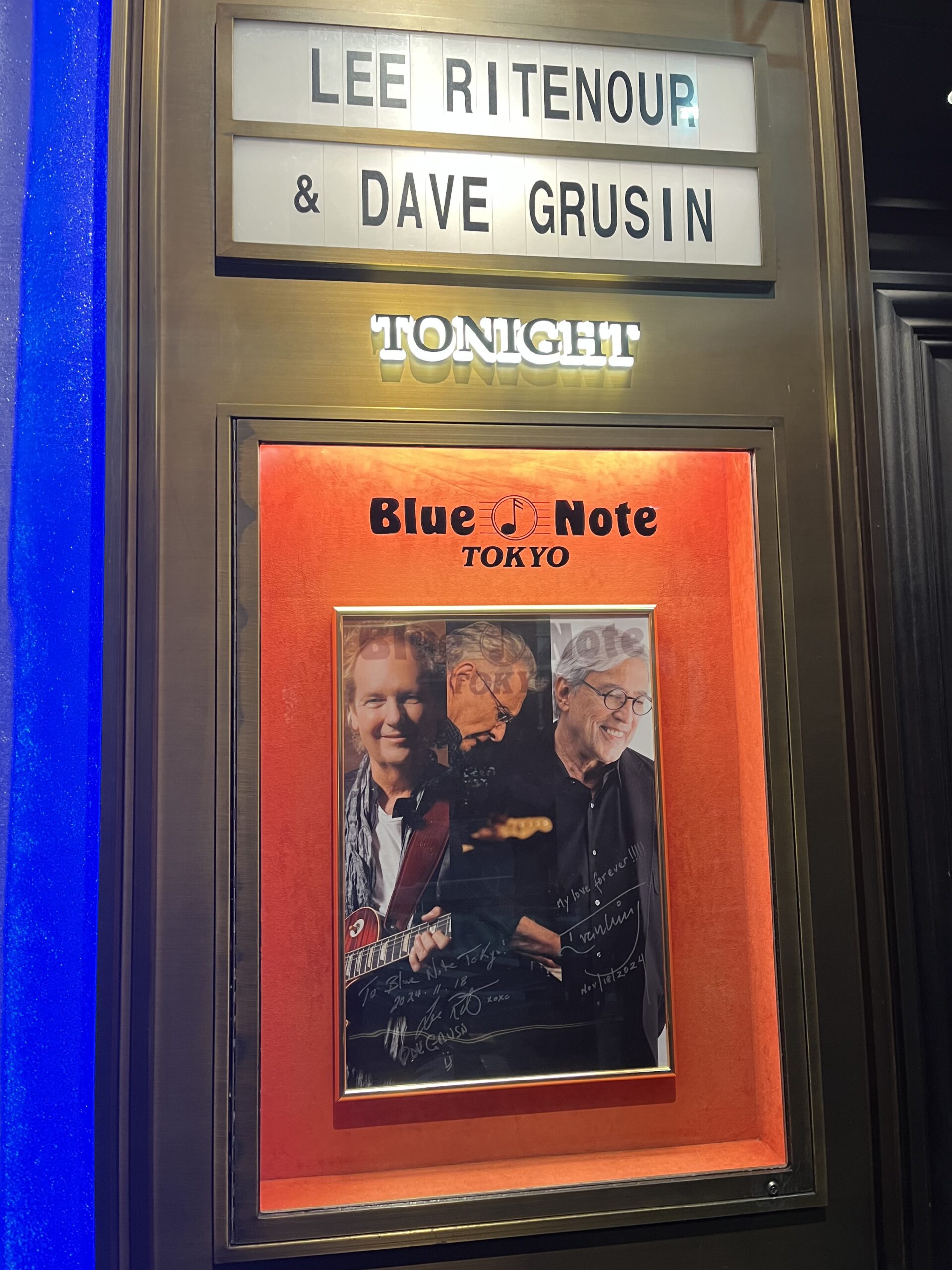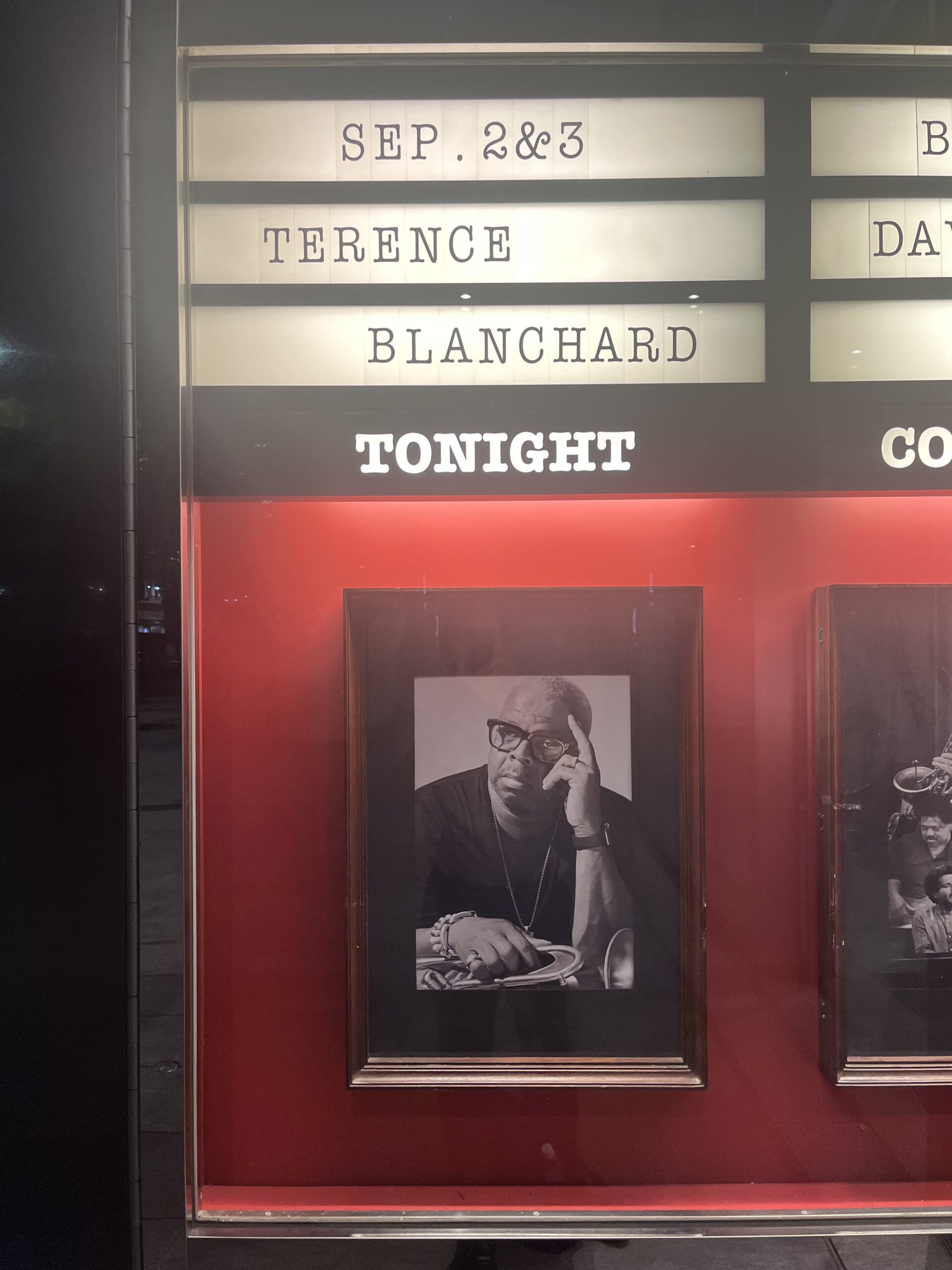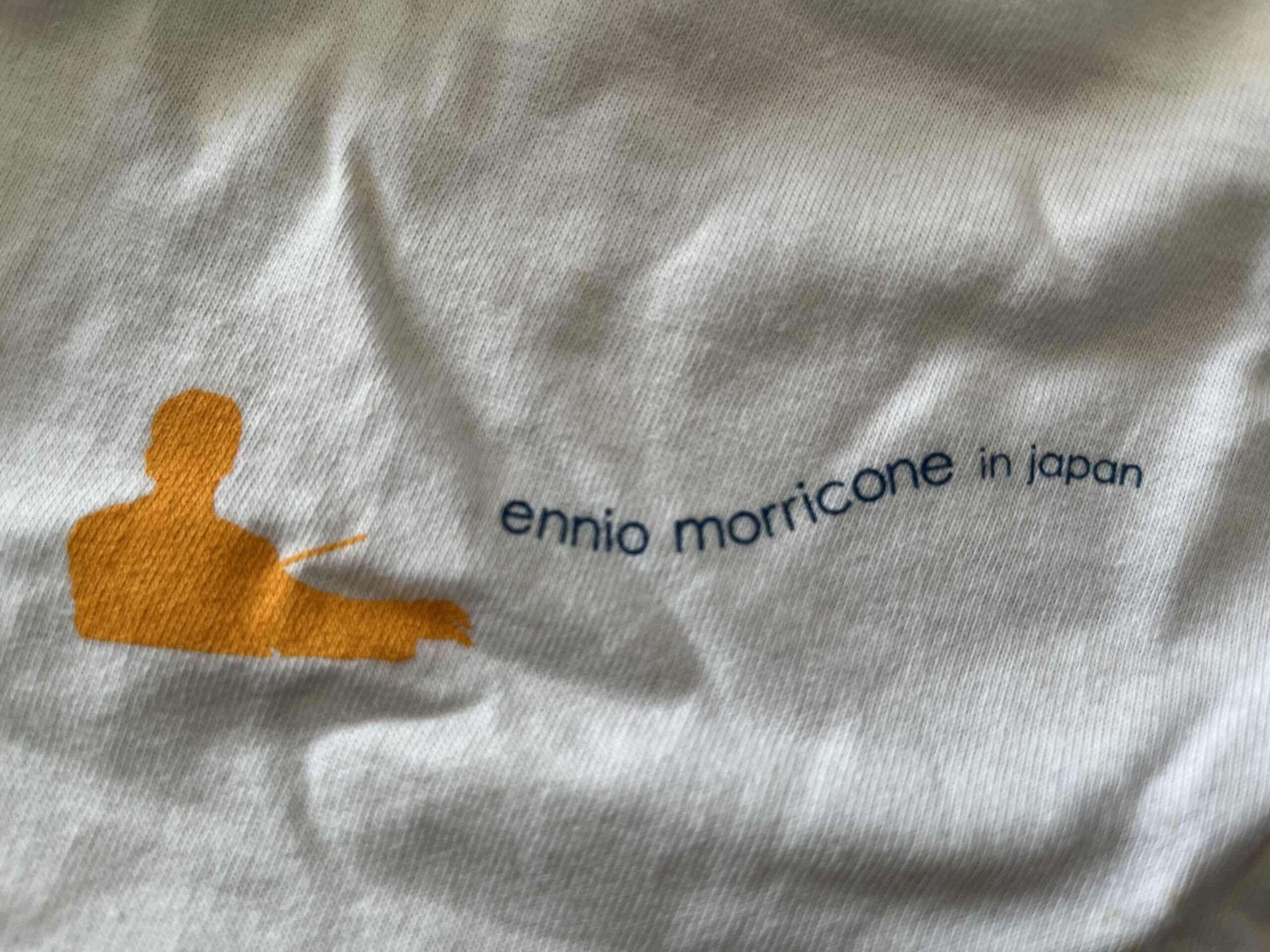YUKIO MISHIMA CENTENARY
Music composed by Philip Glass, Toshiro Mayuzumi and Antonin Dvorak
Music conducted by Dennis Russell Davies
Performed by the Kanagawa Philharmonic Orchestra
Featured pianist: Maki Namekawa
MISHIMA Concerto for Piano and Orchestra arranged by Michael Riesman
MISHIMA Concerto cadenzas by Michael Riesman
September 28, 2024
Yokohama Minato Mirai Hall
Yokohama, Japan
PART 1: INTRODUCTION
I’m embarrassed to admit that I have never seen Paul Shrader’s film, MISHIMA: A LIFE IN FOUR CHAPTERS (1985), nor have I read any of Yukio Mishima’s literature.
I have, however, loved and listened to Philip Glass’ score to MISHIMA many times since getting it years ago, and that is what led me to Yokohama Minato Mirai Hall yesterday for the Japanese premiere of the MISHIMA Concerto for Piano and Orchestra.

This concert, held to celebrate the 100th anniversary of the birth Yukio Mishima, was performed by the Kanagawa Philharmonic Orchestra under the baton of American conductor Dennis Russell Davies. In addition to the MISHIMA Concerto, works by Dvorak and Japanese composer Toshiro Mayuzumi were also performed.
PART 2: A PRE-CONCERT PERFORMANCE
About thirty minutes before start time was a special pre-concert performance by the cello section of the Kanagawa Philharmonic Orchestra.

The first piece was the short, but lovely “Sonata for Two Cellos” by Jean Barriere. This was performed beautifully by Shohei Uwamori and Yuho Takagi.
Next came an ensemble cello arrangement of the iconic “Por Una Cabeza” by Carlos Gardel, which I first remember hearing in James Cameron’s film TRUE LIES many moons ago. It was a lovely arrangement that allowed each cello in the ensemble to shine.
PART 3: DENNIS AND DVORAK
The concert proper began with a commendable performance of Dvorak’s Symphony No. 7 in d minor.

While the performance by the Kanagawa Philharmonic was tops, I was even more impressed by conductor Dennis Russell Davies, who I was seeing conduct live for the very first time. He really got the best out of the orchestra with his precise and commanding conducting at the podium.
PART 4: INTERMISSION & SPOTTING A SPECIAL GUEST
The intermission began after the conclusion of the Dvorak piece.
As I came back into the auditorium after a quick break outside, I noticed an older gentleman walking in front of me in an Indian-inspired blue and green outfit. He also sported a bushy white beard and sunglasses. Could it be??
It was then that I came to the realization that this was legendary minimalist composer Terry Riley – THE Terry Riley!
To be honest, I don’t think anybody recognized him. I wanted to come up to him and say “hi” (or “namaste!”), but it just didn’t seem like the right place or time…
Anyway, here’s an official shot of him after the day’s performance with Dennis Russell Davies and Maki Namekawa from X:
PART 5: A REVELATION – TOSHIRO MAYUZUMI
The second half started with what I can only call a revelation: Toshiro Mayuzumi’s “Bacchanale.”

Familiar with only a handful of his work in film, I was not expecting an avant-garde tour de force that unbelievably was released in 1954 – seventy years ago!
This unconventional and mind-bending piece for full orchestra plus sax section would no doubt have shocked, confused and amazed conservative Japanese audiences at the time of its original release.
If I could describe it in simple terms, I would say that “Bacchanale” would have fit perfectly in a ‘70s sci-fi film like COMA, WESTWORLD and even Ridley Scott’s ALIEN; it really was that good.
By the time the piece had ended I was scratching my head wondering why I had never listened to Mayuzumi’s non-film output before. I guess his few “Hollywood” scores never really alerted me to the fact that Mayuzumi was an accomplished composer of avant-garde and electronic music outside film.
PART 6: MAKI AND MISHIMA
Now came what I had been waiting for: the Japanese premiere of the MISHIMA Concerto for Piano and Orchestra.

Featured pianist Maki Namekawa graced the stage – bare foot no less – in a flowing white gown that to me had echoes of a Japanese ceremonial or priestess outfit.
She then gracefully seated herself at the Steinway, logged in to her iPad and sheet music app, and off she went.

It was a REAL joy to see and hear Namekawa play; as the world’s foremost interpreter of old and new works by Philip Glass, you could also tell from her playing and expression that she herself is a huge fan of Glass’ music.
She didn’t just play the music – she totally embodied it in her physical expressions. When the music was fast and propulsive, her body moved in tandem. When the cadenzas were manic and chaotic, she followed suit. When the music was soft and delicate, you could see that sensitivity in her face.
But the concerto was not just about the piano – the orchestra was there to bring passion and light to Yukio Mishima’s life story. They dominated when the melodies were more obvious and straight-forward, and came together to provide a glorious and collective swell of emotion when the main MISHIMA theme appeared in the concerto.
From the iconic opening for windchimes and triangle, it was a spectacular 35-minute piece that ended with a tremendous climax; an emotional release signifying the achievement of Mishima’s goal, whatever you may interpret that to be.
And with that final note, Davies leaned down from the podium to Namekawa- his wife in real life- and gave her an affectionate and approving kiss on the head.
PART 7: A GLASS ENCORE
After a sustained applause, Namekawa turned to the audience and said that she would be playing Glass’ PIANO ETUDE NO. 11 as an encore.

This was another fantastic performance from Namekawa who really brought out the intricacies and beauty of the piece.
Her performance reminded me why I love Glass’ music so much: it’s often a set of carefully composed notes that are repeated, modified slightly and then played continuously to elicit deep feelings. It’s repetitive, but never boring. It’s subtle, but always deeply affecting. And that is the genius and appeal of the music of Philip Glass.
(During the entire encore, Davies was seated at the celesta as he happily watched his wife play. It was nice to see 😊).
PART 8: TOO SHY TO SAY HELLO, TOO EMBRASSED TO SAY GOODBYE
I mentioned earlier that I saw Terry Riley in the auditorium during the intermission.
When the concert ended, I again saw him walking through the foyer. Too shy to say hello, I just took this paparazzi shot from behind:

Next time, I’ll be sure to take a shot of liquid courage (read: booze) during the intermission!
PART 9: CONCERT MERCH & FLYER
Unfortunately, there was nothing Mishima-related for sale at the venue.
There was a small CD stand, but alas I only saw two releases conducted by Davies with nothing for sale related to Glass or Namekawa. Maybe next time?
Leaving the foyer, I found a bunch of free MISHIMA concert flyers which I have scanned below:
PART 10: OVER TO YOU
Did you also go to this concert? How did you like it?
And what did you think of my report? Feel free to comment below or reach out to me directly in the “Contact Me” section.







One thought on “Yukio Mishima Centenary (2024)”